I sat in a free breakfast seminar the other morning.
I was in the back of the room watching a man, a perceived expert in book marketing, go through his book self-publishing book “manifesto.”
He spent the first 90-minutes telling us how bad it is out there in the marketplace for business owners.
That the old way of marketing based on pursuing prospects, manipulating sales, and showmanship is no longer working.
What works is building trust, attracting attention, and creating a relationship.
A book is the best way to help you do that!” he said.
As he continued with the multiple reasons a book is effective at building trust, I could feel my blood rising.
I was profoundly becoming disturbed with each point he made on the benefits of using a book to market yourself.
My friend, Anger, popped up and started doing a dance around my heart.
Books pull people to you,” the book marketing coach said.
Anger shook its hips.
Books are a license to print money because you can leverage them into other products.”
Anger bobbed its shoulders.
Books are an ad for your company, but doesn’t look like one.”
Anger started doing the Cabbage Patch (my Anger is so old skool).
If you don’t have credibility, credentials, or a history of success, a book solves this.”
Anger took my heart and together, they did the Running Man.

He continued by saying that just an 80 to 100-page book is enough to differentiate yourself instantly from everyone else, make you an overnight authority, and get you tons of speaking gigs.
He continued:
Hey, I’m not talking about knocking Robert Kiosaki off the bestseller’s list. Just share your journey. Work with me and I can help you write a book in just 40-hours.”
After he made his pitch to a book marketing package valued in the tens of thousands of dollars, including a bonus where he guaranteed to make your book an Amazon bestseller, I rushed out of the room as quickly as I could to catch my breath.
I was pissed.
And here’s why.
The Problem with Self-Published Books Is More Than Just Poor Writing
Most self-published books are poorly designed, horribly laid out, and terribly written.
Run on sentences.
Grammatical errors.
The words are carelessly strung together like a decades old line of Christmas lights.
In fact, a hundred editors with a hundred red pens would be hard pressed in a hundred hours to make sense of the drivel most pass off as content in self-published books.

Without the checks and balances available in traditional publishing, a self-published author can go from manuscript to published book with only themselves as the writer, researcher, fact checker, editor, proofreader, graphic artist, and printer.
But I wasn’t angry at the many hats the self-published author wears.
I was angry because the international bestselling book marketing coach pretty much said that one can manufacture authority self-publishing a book.
What Is a Manufactured Authority?
I first heard the term used by Kelly Diels in a webinar she hosted entitled Feminist Fix for About Pages (click here for more of her free monthly virtual workshops).
Citing Jeff Walker’s Product Launch Formula, Diels points out how manufactured authority is used:
If you want people to follow your instructions and buy, they need to believe you have authority. The way Walker advises people to manufacture authority – especially if they don’t have any external signifiers of credibility, like extensive education, deep experience, decades of devotion to a practice or in-depth knowledge – is with a rags-to-riches or makeover story.”
Listen, there’s nothing wrong with the rags-to-riches or makeover story.
It is used as a plot structure in movies, television shows, stage plays, and novels. Joseph Campbell, who wrote the book, Hero With a Thousand Faces, studied folklore, poems, plays, and novels from hundreds of cultures and found a common thread.
No matter the culture, time period, or storytelling device, each followed a similar plot structure which he calls The Monomyth or The Hero’s Journey.

More and more business leaders are using the The Hero’s Journey to connect better with employees, clients, and shareholders.
I read in a book that “Facts tell; stories sell,” as the reason why business leaders need to use storytelling to inspire and motivate.
But here’s how some internet marketers co-opted such a beautiful plot structure to manufacture authority…
When the story is constructed so that the marketer’s multi-step system is the very thing that saved her from her miserable lot in life, this is when The Hero’s Journey is exploited to serve only one goal – to position the marketer as the authority figure.
Let me break this down for you…
In the makeover story, who had the setback?
The marketer.
How did she get out of the pit?
The marketer created a system all on her own with no help from a mentor, a book, or a colleague.
She did not rely on her “extensive education, deep experience, decades of devotion to a practice” (a quote from Kelly Diels’ Feminist Fix for About Pages training) to help her create the system.
Instead, she miraculously uncovered the solution while she sat hopelessly in the pit of despair.
On her own.
With no help.
The story positions you, the reader, as the broken one, and she, the marketer, as your saviour.
Because she did it all on her own. And she’s ready to share her secret with you.
This is bullshit.
A long ass makeover story in under 100-pages which does nothing more than manufactures the author’s authority.
What a fracking joke.

Frodo starts his hero’s journey
Because there’s no way Frodo would’ve been able to throw the ring into the fires of Mordor if Samwise wasn’t there as his conscious…
Or, if Gandalf didn’t show up at key moments in the journey to provide support…
Or, if Gollom wasn’t a constant reminder of what could happen to one’s physical appearance if the one ring was kept in one’s possession for too long.
Joseph Campbell’s The Monomyth covers 17 plot points; the makeover story used by internet marketers to manufacture authority focuses on just three two (specifically Belly of the Whale, and Crossing the Threshold).
Thus, the makeover story strips away so much from The Monomyth in an effort to position the marketer as the sole and only authority on how to solve that particular problem.
And this is the same drivel showing up in self-published books.
The 5 Features of a Manufactured Authority Book (MAB)
When a written or printed work is designed to invent or fabricate influence, this is what I call a manufactured authority book (MAB).

A MAB is dangerous to a business owner’s brand for several reasons. First, it dumbs down the author’s experience, lineage, and extensive knowledge. The author shares one personal struggle – the makeover one – which makes the author appear one dimensional.
The makeover story often reflects a setback the author experienced 10 or 15-years ago. It gives the impression that the author has lived a perfect life or run a perfect business since then.
(It also attracts clients who will not do the work and are hopelessly dependent on the author to move forward, but that’s a different discussion.)

Second, when writing a MAB, the author writes to be liked. How does she do this? By writing the book so that someone with an elementary school education can understand. Why? So the author doesn’t appear out of touch.
In other words, by not using words with two or more syllables, or long sentences, the author heightens the chance that they’ll be liked by the reader.
Because likeability attracts clients. And we want everyone who reads the MAB to become a client, right? Everyone.

Most MABs do not include attributions. This is done on purpose. The absent of quotes, footnotes, or endnotes is to position the author as THE expert with the ONLY solution.
If attribution does make it into the book, it’s a quote from a well-known person who has passed away, or a tired, well worn cliché.
Because the MAB needs to position the author as the sole authority, it’s vitally important that a contemporary (or, more accurately, a competitor) not be quoted.
Because God-forbid the reader gets the idea that there are other options out there.

A MAB is designed to position the author’s products and services. The author is encouraged to sprinkle each chapter with website links or QR codes leading to their products and services.
The money is not in the book, says the book marketing coach, it’s in the services you sell off the book.
This is why for some MABs on Amazon, the one or two star reviews state:
- “This book is partially an infomercial for the author’s programs, coaching, etc.”
- “While this is an interesting read, it’s a marketing pitch for a coaching programme.”
- “The book starts with the author’s story as a poor kid and his dream of helping others. Why mention it in this book at all – except to use this book to upsell and get you to buy another product.”

Lastly, a MAB compels the author to game the system to fabricate their book’s popularity. One way is to say it’s an Amazon bestseller. Another is to get as many five star reviews as possible.
Instead of trying to achieve these accolades authentically, book marketing coaches teach self-published authors to put their book in an obscure category on Amazon so it has a better chance of moving up the rankings fast, and to pay people through sites like Fivrr to write reviews for their book.
This is manufactured authority at its best using a self-published book.
The Single Reason Why Women Should Not Write a Manufactured Authority Book
I’m a social historian. I enjoy finding background, obscure, and lesser known characters and constructing their story.
It’s not an easy task.
Aristocrats, noblemen, lawyers, priests, and other elites were wealthy enough (and male enough) to record their thoughts so that generations could read their stories.
The voice of the common folk, such as the peasants, farmers, ranchers, blacksmiths, bakers, and other labourers is missing because they could not afford to go to school and learn to read or write.
That’s the men, well, to be accurate, the white men.
Women and people of colour (POC) had it much harder.
Women were seen as too fragile to string together any intelligent thought. They were forbidden from going to school by way of their gender.
When the men gathered to talk about politics and the state of the economy, the women went into another room to gossip and knit. None were asked for their opinion and if offered, the husband would apologize on behalf of his “quarrelsome” wife.
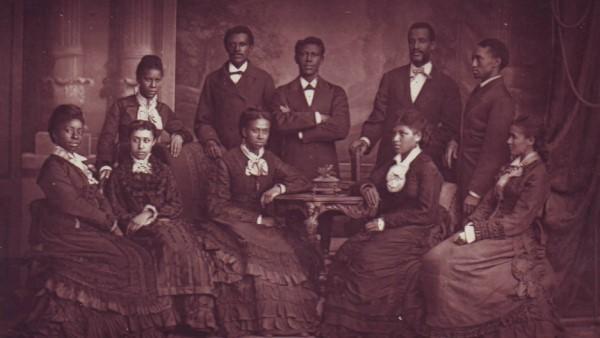
19th Century Black poets and writers
It was worst for POC.
The laws of the land made it illegal for Black men and women to learn how to read or write. They were whipped, lynched, or jailed if they were caught reading or writing.
The system abused a Black person’s body for the simple sin of trying to enlighten their mind.
Those of Indigenous ancestry were not allowed to speak in their native language or pass on their stories orally.
Their children were stolen and put into schools where they were permitted to read and write only what the missionaries and settlers deemed was important.
History shows that speaking up about the things you’ve seen, the things you like, and the things you’re most passionate about were ignored by those in power.
So, when you choose to dumb down your expertise, lineage, accomplishments, or educational background using a manufactured authority book, this is a form of silence.
You are agreeing with a system that has demeaned and discredited the intellect and wisdom of the women who came before you.
Silence isn’t just a form of invisibility; it’s also a form of pride:
Many people think of pride only as arrogance, but that’s only one manifestation of pride. Timidity and shyness are extreme manifestations of pride. Pride is not only thinking we are better than others; pride can be thinking we are worse than others. It doesn’t matter if self is always exalting itself or if it’s debasing itself; it’s all self-centeredness, which is pride.” (source)
Writing a MAB is your way of saying you’re okay with the status quo.
But, are you?
Moving from Writing a Manufactured Authority Book to Truth Inspired One
The opposite of fabrication is truth. Truth simply means:
The quality or state of being honest, sincere, authentic
Writing a book which reflects your beliefs, wisdom, lineage, values, and deep experience is a revolutionary act.
But doing so takes a lot of courage.
And in a world which harms women for speaking out, sometimes it can be frightening to step out.
Listen, I get it…
Writing a MAB feels safe.
It’s peddled as a beacon of success.
Some of the biggest names in internet marketing give out free copies of their book as part of their online product launches.
If they can write a book and make seven figures or more, certainly you can too.
You’ll get all the leads, media interviews, and speaking gigs that you can imagine.
You’ll make TONS of money, not off the book, but off the consulting and coaching clients that’ll come streaming your way.
But it comes with a cost.
The cost is that you allow someone to express their freedom through your bondage.
For that’s what NOT speaking your truth really is.
It’s a noose around your freedom of expression which squeezes and squeezes until the breath of authenticity no longer exists.
Before You Can Write a Truth Inspired Book You First Need to Find Your Truth
Here’s the reality…
You cannot change others.
Nor can you change how they react to you.
But you cannot stay silent because you fear judgement, rejection, or criticism.
Nor can you continue to hide your deep knowledge, rich education, or passionate beliefs.
You are hurting inside.
And you don’t feel safe.
You’re carrying around years of drama and it’s starting to impact your relationships, money, health, and identity.
So, before you can write your truth inspired book…
One that doesn’t manufacture authority…
But instead, galvanizes a movement, inspires dialogue, and prompts individuals to desire community with you…
You first need to do an internal realignment. Anuradha Kowtha defines what this means:
Remembering who you are before the conditioning, trauma, and memes changed your perception and covered up your truth and power. This includes a rediscovering of who you are, your why, you calling, and your potential. Looking deeply at your hard-wiring and your unique design, voice, and needs.”
It’s time to awaken to you.
Otherwise, you will continue to be poor in identity because you’re rich in other people’s opinion of you.
If you’re interested in doing this work, join the 21-Day Write Early Challenge.
You get daily writing prompts so you can dig deep and uncover your true voice.
You’ll join me and dozens of others as we use expressive writing to uncover our truth.
This isn’t about writing a book.
So, do not join if you have a book stuck in your head.
This is about realignment, resurrection, and rediscovery.
No more isolation, or trying to do this on your own.
While you don’t share your writings, you share your progress in an atmosphere of support, sisterhood, and celebration.
You use expressive writing to discover the new you and heal the historical and personal trauma.
Share Your Thoughts
What has come up for you as you read through this personal essay?
Share below, or share through your favourite social media platform and have the conversation there. I’ll find you if you use the hashtag #WriteToHeal.
This personal essay was inspired by the following thought leaders:
- Kelly Diels’ The Female Lifestyle Empowerment Brand
- Andréa Ranae’s Why the Self-Help Industry Isn’t Changing the World
- Layla Saad’s I Need to Talk to Spiritual White Women About White Supremacy
- Anuradha Kowtha’s Facebook post on internal alignment
- Sasha Allenby’s Write an Evolutionary Self-Help Book
- Paul Zelizer’s Awarepreneurs community on Facebook
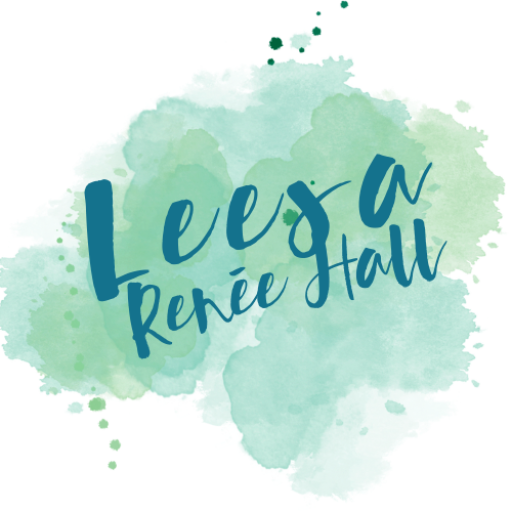
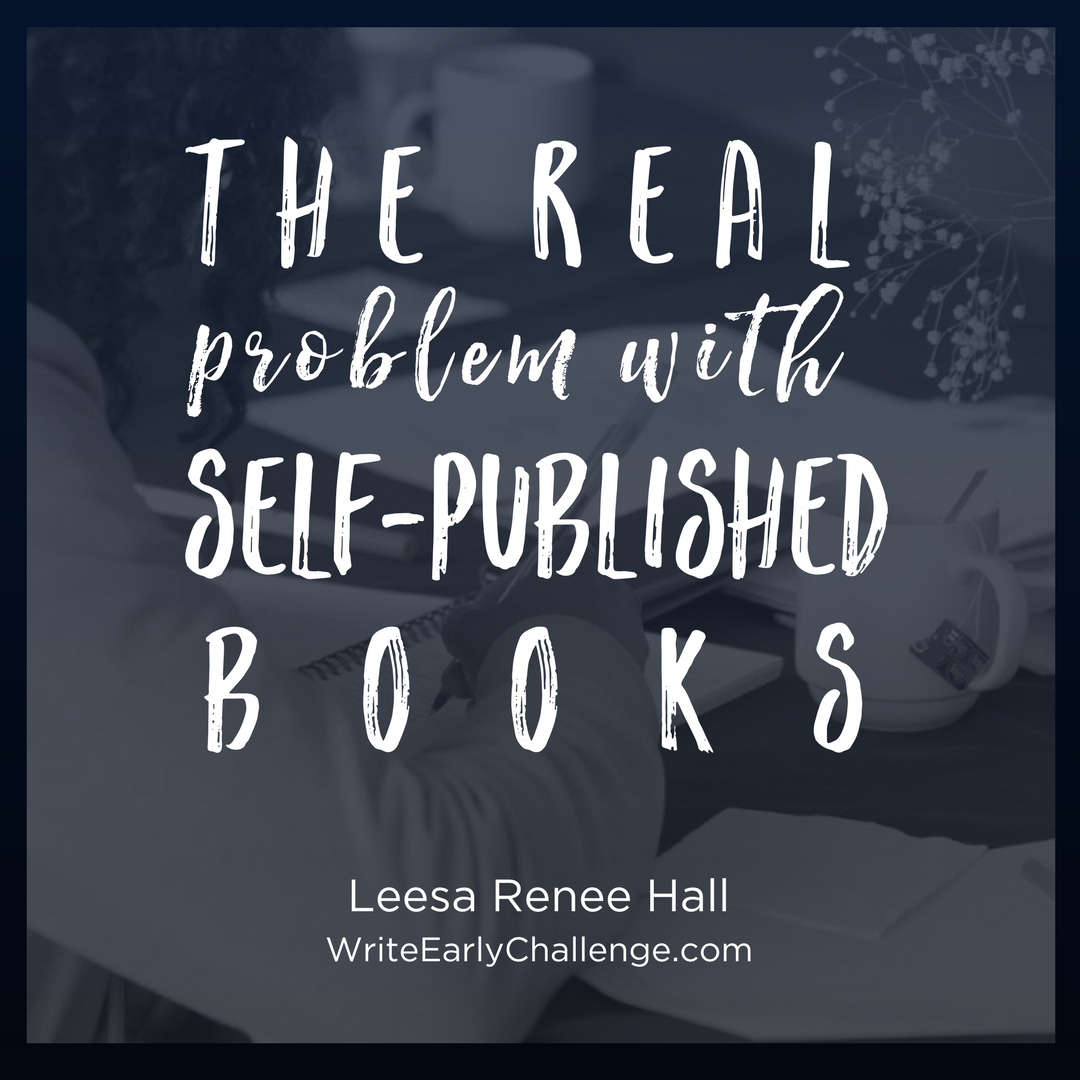
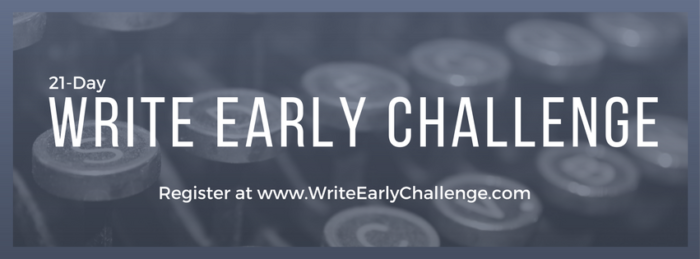
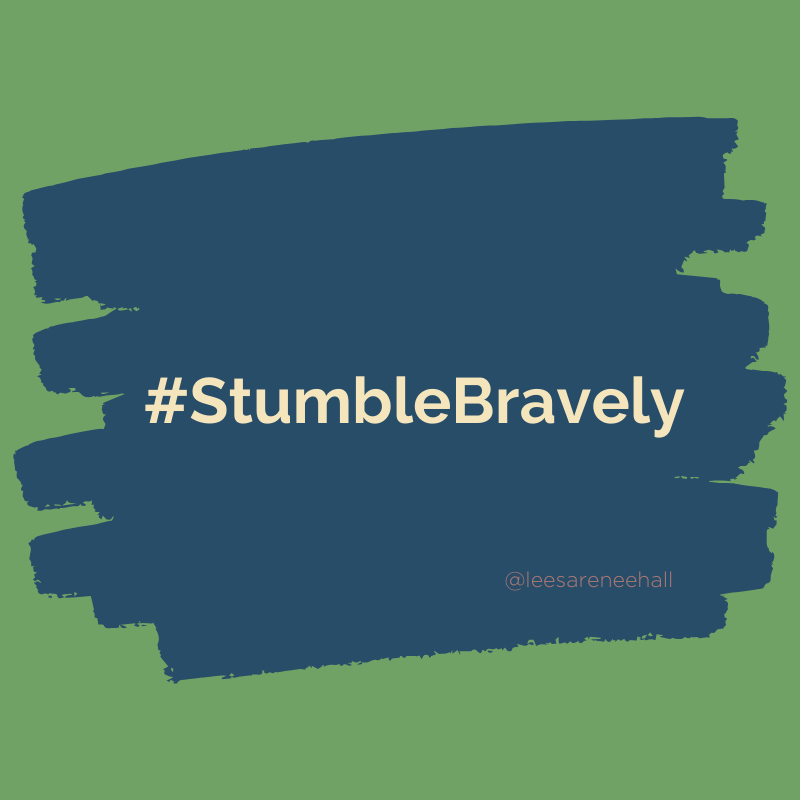

0 Comments